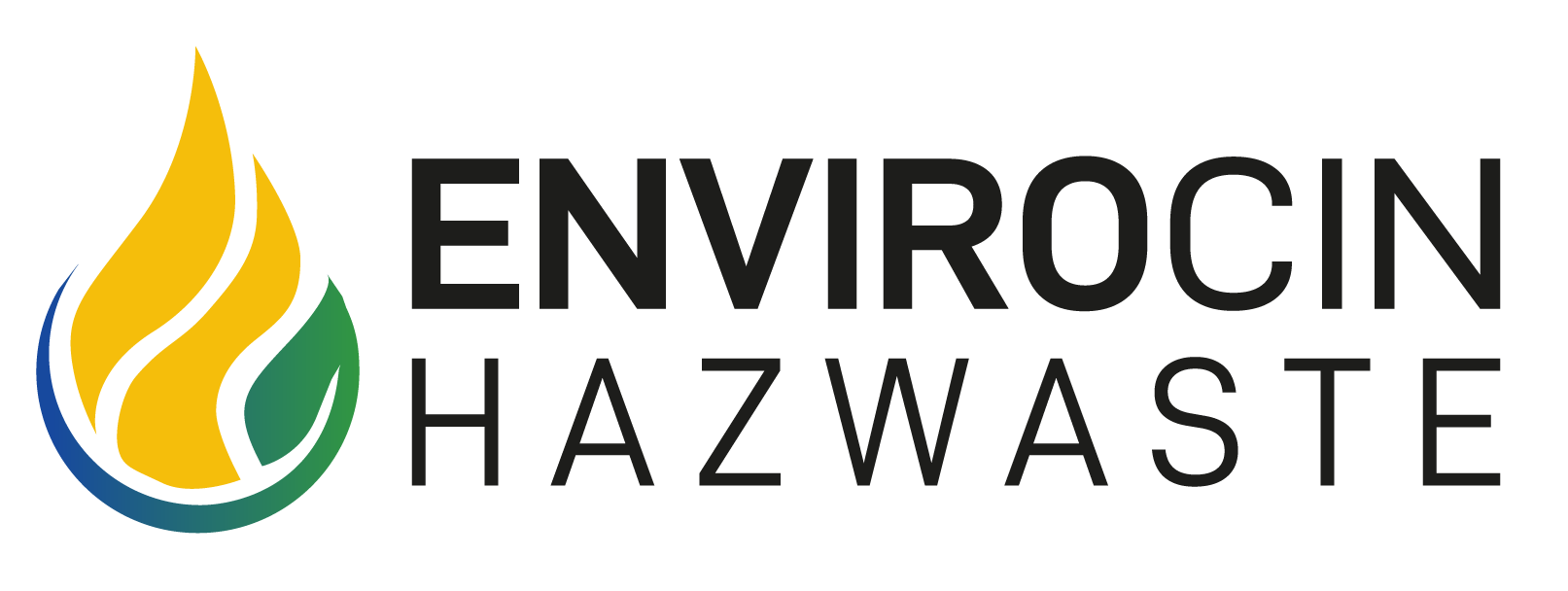Education and Responsibility
Law & Policy
South Africa has comprehensive legislation and regulations governing the management of medical waste to protect public health and the environment. Compliance with these regulations is essential for healthcare facilities and waste management companies to ensure safe handling, treatment, and disposal of medical waste in accordance with national standards.
National Environmental Management: Waste Act, 2008
- This act provides the legal framework for the management of all waste, including medical waste, in South Africa.
- It emphasizes the principles of waste minimization, reuse, recycling, and safe disposal.
- The act requires that all waste generators, including healthcare facilities, implement measures to prevent pollution and environmental harm.
National Health Act, 2003
- Under this act, the Minister of Health has powers to regulate the management of health care risk waste (medical waste).
- The act requires healthcare facilities to safely manage and dispose of medical waste to prevent harm to public health and the environment.
Healthcare Risk Waste Regulations, 2018
- These regulations provide detailed requirements for the handling, storage, transportation, treatment, and disposal of healthcare risk waste.
- They prescribe specific standards and procedures for segregation, packaging, labeling, and record-keeping of medical waste.
- The regulations outline the responsibilities of waste generators, transporters, and disposal facilities in ensuring compliance with health and environmental standards.
Norms and Standards for the Management of Healthcare Waste, 2005
- These norms and standards provide technical guidelines for the safe management of healthcare waste in South Africa.
- They cover aspects such as waste segregation, packaging, storage, transportation, treatment, and disposal methods.
Registration and Licensing
- Healthcare facilities that generate medical waste must register with the relevant environmental and health authorities.
- Transporters and disposal facilities handling medical waste must be licensed and comply with specific regulatory requirements.
Monitoring and Enforcement
- Regulatory authorities, such as the Department of Forestry, Fisheries and the Environment (DFFE) and provincial environmental departments, monitor compliance with medical waste regulations through inspections and audits.
- Non-compliance can result in penalties, fines, or legal action.
Impact on the Environment
Medical waste can have significant environmental impacts in South Africa, primarily due to its potential to introduce hazardous substances and pathogens into the environment if not managed properly. Here are some key environmental impacts of medical waste in South Africa:
Statistics Around Waste and Carbon Footprint
For precise and detailed statistics on medical waste and its carbon footprint in South Africa, consulting specialised reports from environmental agencies, waste management authorities, or academic studies focusing on healthcare waste management would be advisable. These sources can provide more targeted data and insights into the environmental impacts and mitigation strategies related to medical waste in the country.
